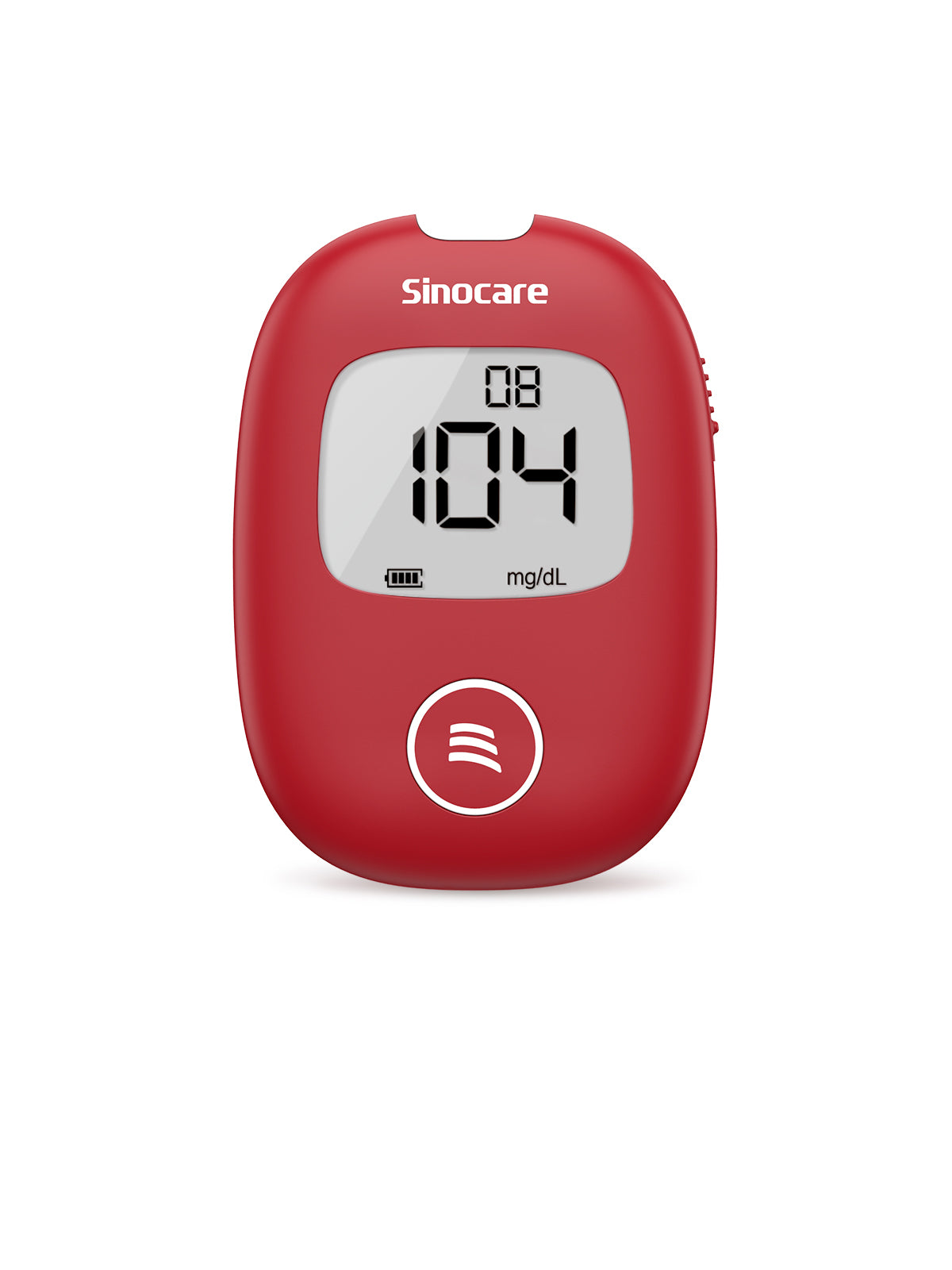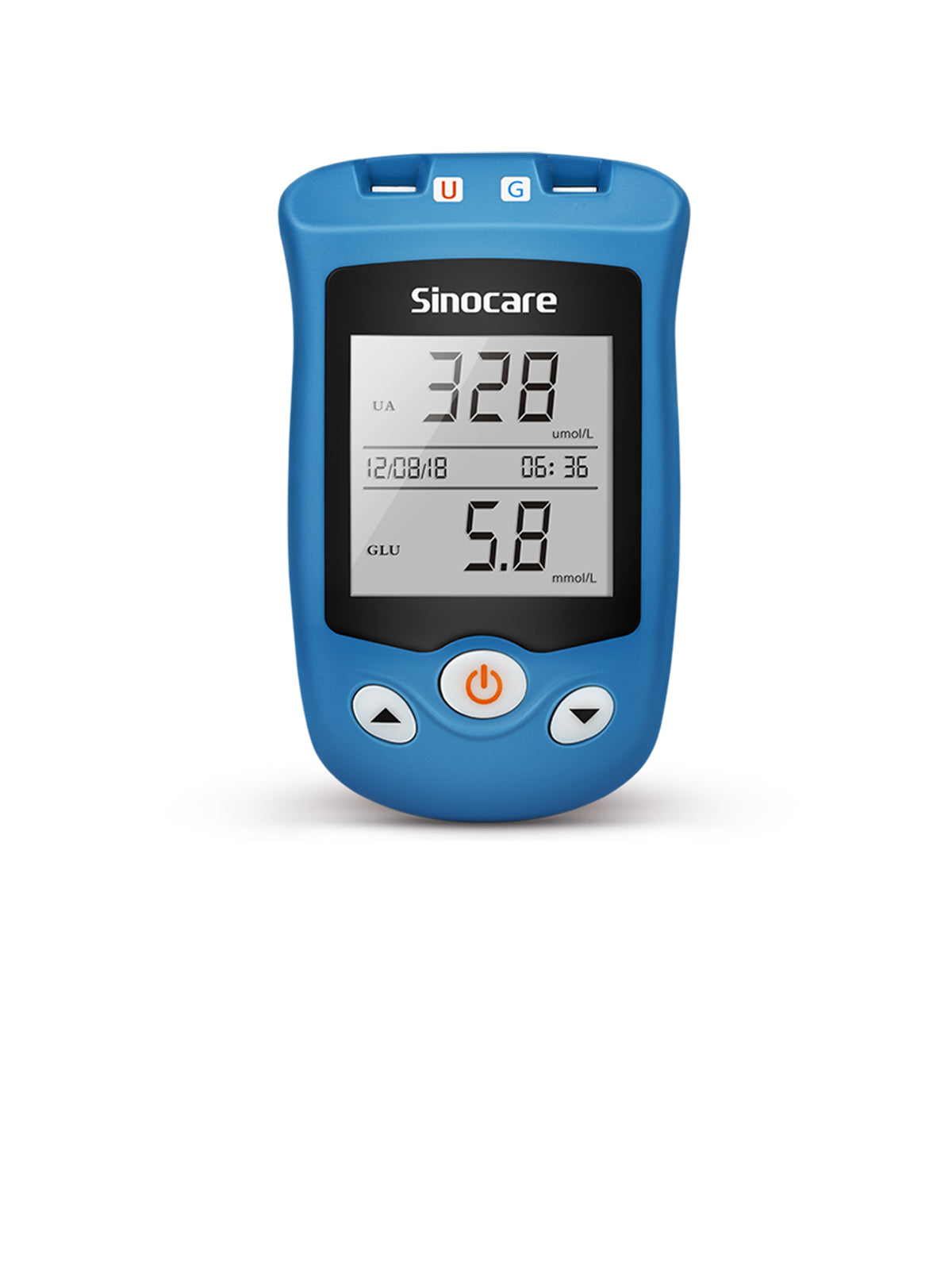Cream ice cream is a very popular sweet product present in various parts of the world, and especially when it is of good quality it is very creamy and with a rich flavor. The outer color of a cream ice cream is usually white or light, while the inner texture is usually smooth and velvety. Usually, a standard serving of cream ice cream weighs about 80 grams on average, but portions can vary; Ice cream is available on the market all year round, being an industrial and artisanal product with a long shelf life if kept at an appropriate temperature.
Nutrition Value of Ice Cream
A standard serving of cream ice cream of about 80 grams is on average made up of about 140 calories, 2 grams of protein, 17 grams of carbohydrates, about 14 grams of sugar, and about 7 grams of fat. In addition, this food is a source of certain nutrients such as 10% of the amount of calcium needed by the body every day, and small amounts of vitamin A and potassium present in the ingredients that make up ice cream.[1]
Calories and GI in Ice Cream
A standard portion of cream ice cream, quite small, has on average about 140 calories, so ice cream is quite caloric and should not be consumed in large quantities. In addition, due to its very sweet and pleasant taste, its glycemic index is considered high, with an estimated value above 60, and therefore can cause rapid and harmful glycemic peaks in people with diabetes even if moderate portions are consumed. For this reason, cream ice cream is not really a good choice compatible with people with diabetes, although, as with any food, in very small quantities and with extreme attention to portions and frequency of consumption, ice cream can provide some nutrients such as calcium. However, it is important to note that its nutritional value is limited compared to its high intake of sugars and fats, so it cannot be considered as a main source of nutrition.[2]
Benefits & Risks of Eating Ice Cream with Diabetes
As seen above, consuming cream ice cream can provide some nutrients to the body, such as a decent amount of calcium, which is useful for bone health, and small amounts of vitamins such as vitamin A and minerals such as potassium. However, these minimal benefits cannot compensate for the risks associated with the consumption of ice cream by people with diabetes, as the main components present in cream ice cream are the added sugars and saturated fats of cream and milk; This leads to a high glycemic index and a high content of sugars and fats, which mean that the intake of cream ice cream can cause rapid and harmful glycemic peaks if consumed even in small portions. In addition, fats contribute to high calorie intake, which can promote weight gain, a risk factor for diabetes management and insulin resistance. Therefore, cream ice cream can only be consumed in extreme moderation and caution by people with diabetes, without ever exaggerating with the quantities, or to be avoided altogether. [1]
How Much Ice Cream Can I Eat with Diabetes?
A small serving of cream ice cream can have up to 140 calories on average and contains a high amount of sugar and fat. Therefore, for a person with diabetes it is essential to consume it in extreme moderation and in accordance with their diet, without ever exceeding the quantities, as it is necessary to avoid harmful glycemic peaks; In some cases, ice cream would be excluded altogether. Since ice cream is not a healthy food, it is not possible to make a good compromise on the amounts to be taken, as even the consumption of a small portion could be excessive for some people, due to the sugars present that can quickly raise blood sugar levels even if taken in modest amounts. Before starting to consume ice cream, a person with diabetes should first seek a consultation with their doctor or dietician, for added safety.[1]
Alternatives to Ice Cream for Diabetes
Cream ice cream is not a very recommendable food for a person with diabetes, but in many cases, it may be totally not recommended. Therefore, as a substitute for ice cream it may be a good idea to consider alternatives that are healthier and compatible with a person with diabetes, such as fresh fruit with a low glycemic index (apples, pears, strawberries, berries, peaches and apricots are great options); Natural Greek yogurt can also be a great dessert, as it is low in sugar and high in protein, and has a low glycemic index. In any case, it is essential to always consume these alternatives in moderation and pay attention to portions if you have diabetes, as they too can be harmful if consumed in large quantities.
How to eat Ice Cream with diabetes?
Cream ice cream has a high glycemic index, so it cannot be consumed lightly and only for occasional consumption and in very small portions. There is no one way to consume cream ice cream safely for people with diabetes, so it is good to always consume it taking into account your meal plan and under the supervision of your doctor.
Cream Ice Cream vs Chocolate Ice Cream vs Fruit Ice Cream: Which Is Better with Diabetes?
As seen above, a person with diabetes should be careful about eating ice cream; However, depending on the ingredients added to the ice cream, this could lead to a variation in the nutritional profile. As seen before, classic cream ice cream is high in sugar and saturated fat, with a high glycemic index and can cause harmful glycemic spikes. Dark chocolate ice cream with reduced sugars may have a slightly lower glycemic impact than cream ice cream, however this does not completely cancel out the risks associated with ice cream consumption. Fruit ice cream might be perceived as healthier, but even they are rich in added sugars as they are necessary for the composition of the ice cream. For these reasons, regardless of the other ingredients added, ice cream remains a food not recommended for a person with diabetes.
Final Thought
Cream ice cream is a food that is not compatible with the diet of a person with diabetes, as it can be consumed but it is essential to pay close attention to the quantities and frequency of consumption, without ever exaggerating. Cream ice cream has a high sugar and fat content that can cause a rapid and significant increase in blood sugar levels, triggering harmful glycemic spikes. Additionally, although cream ice cream contains small amounts of nutrients such as calcium, the potential nutritional benefits are outweighed by the glycemic and caloric risks. For people with diabetes, cream ice cream is not to be considered a safe food and any consumption should always be done with extreme attention to portions and under medical indications.
[1]Berkheiser, K. (2019, September 2). Is Ice Cream Good for You? Nutrition Facts and More. Healthline. https://www.healthline.com/nutrition/ice-cream
[2]https://glycemic-index.net/ice-cream/










Leave a comment
All comments are moderated before being published.
This site is protected by hCaptcha and the hCaptcha Privacy Policy and Terms of Service apply.